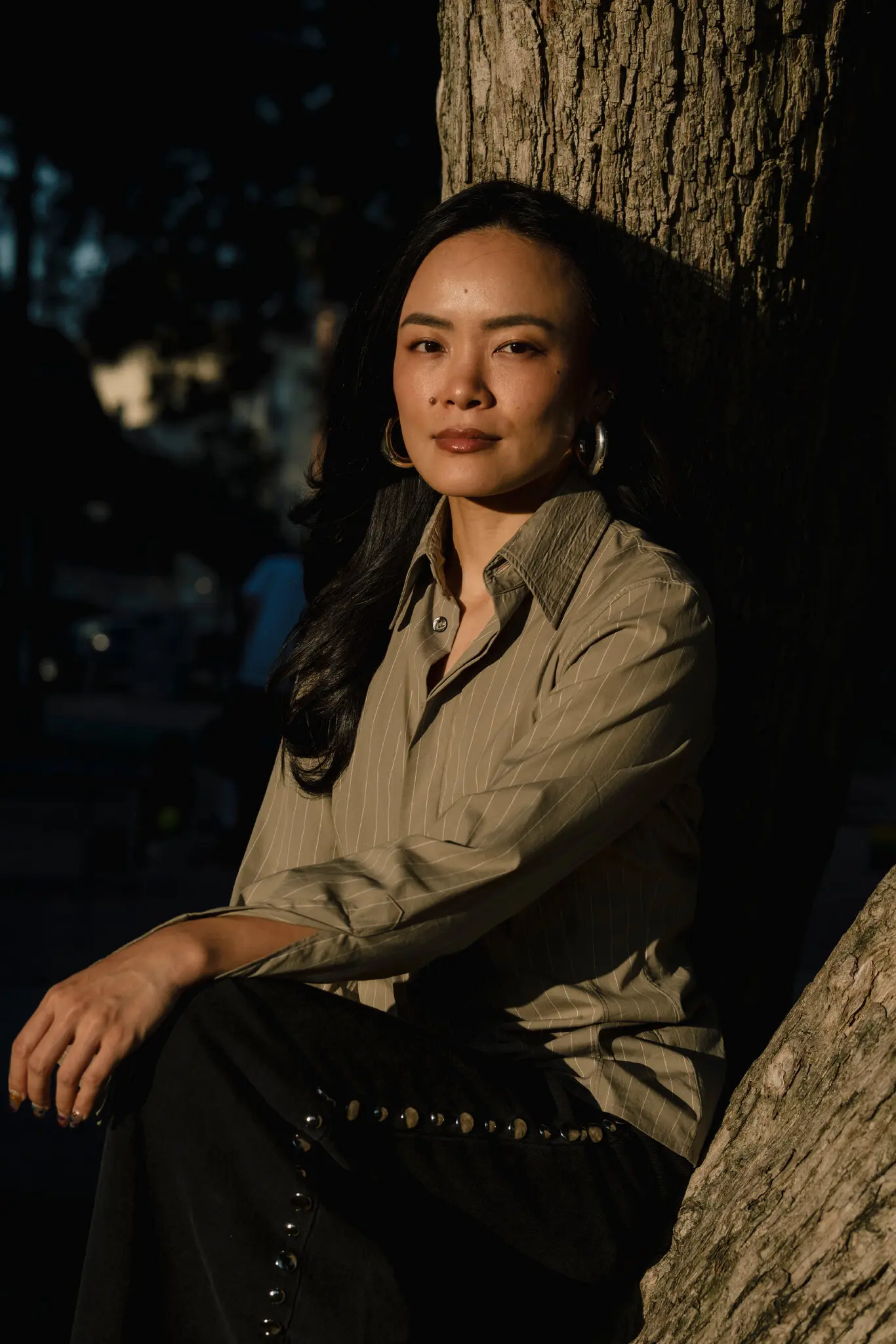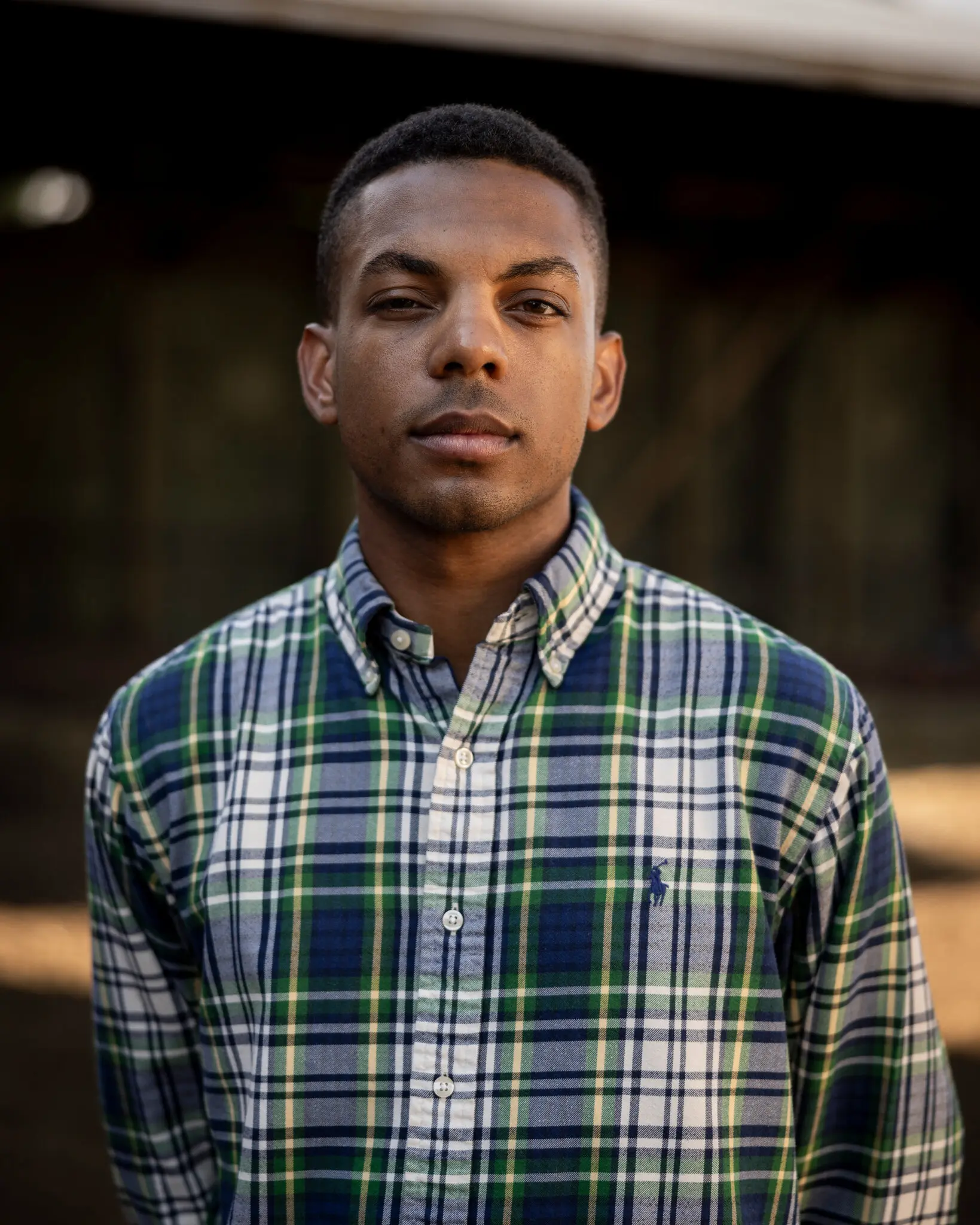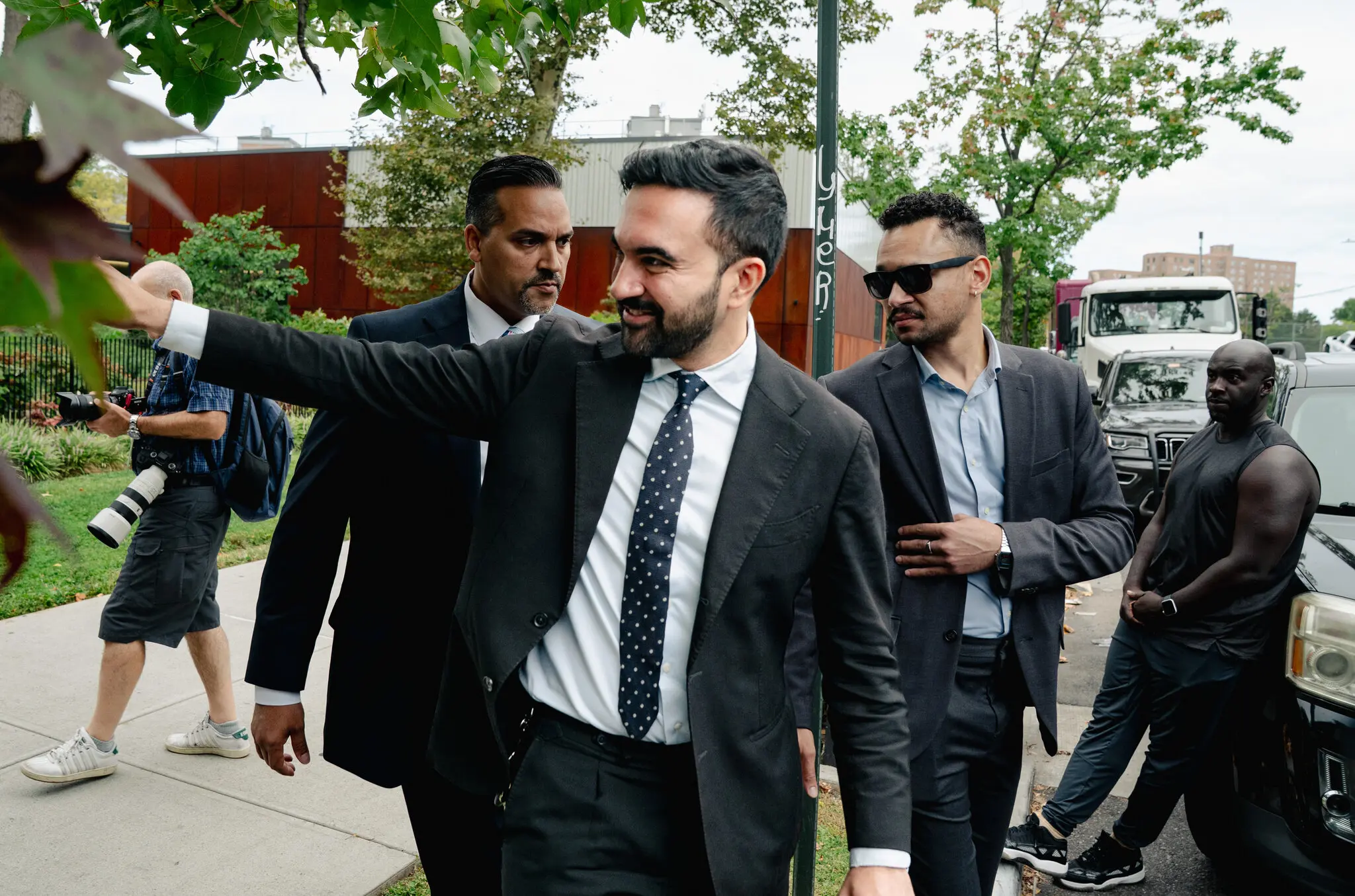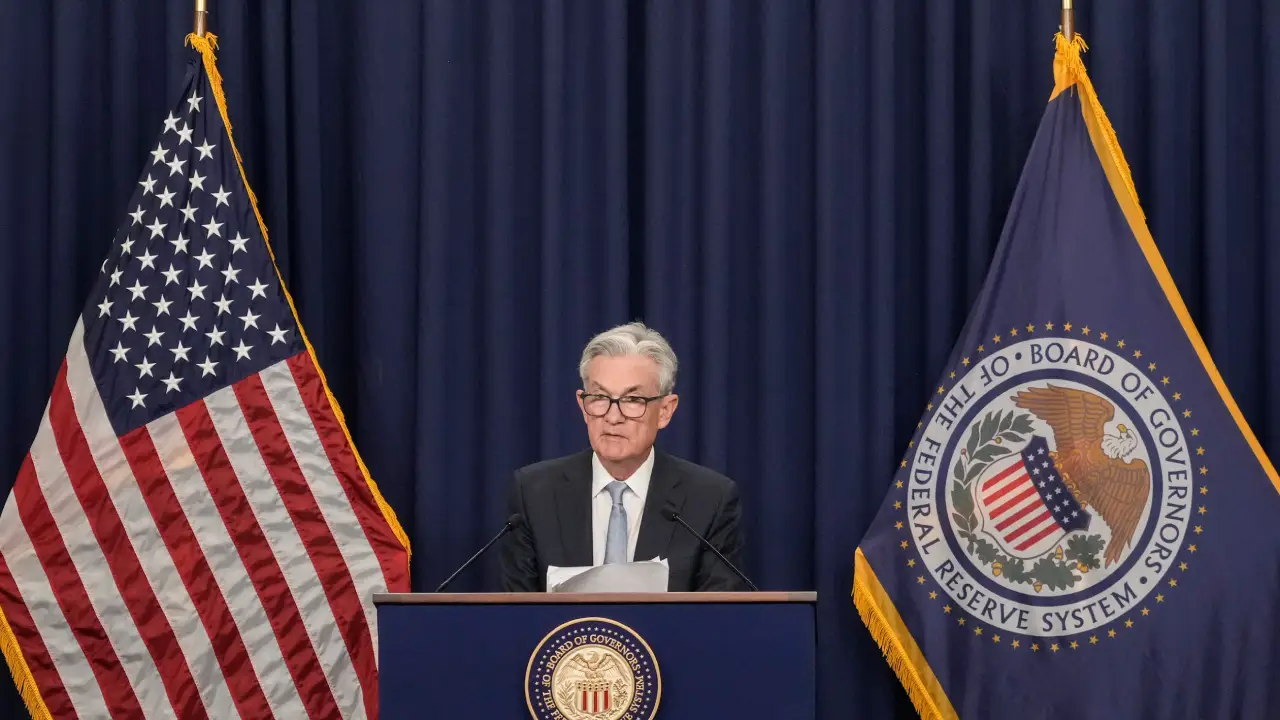Young Business Leaders Line Up in Support of Mamdani
22.09.2025
Young Professionals Back Mamdani in New York Mayoral Race
Rising Costs Push Affluent Voters Toward Change
Despite high-paying jobs in tech, law, and finance, many young New Yorkers say the cost of living is increasingly unbearable. That frustration has translated into support for Zohran Mamdani, the democratic socialist candidate whose campaign for mayor has unsettled traditional business leaders.
While critics dismiss Mamdani as too radical, many white-collar Gen Z and millennial voters see him as the only contender offering serious solutions to affordability.
A Strong Showing Among Wealthy, Younger Precincts
During June’s Democratic primary, Mamdani dominated among voters under 45 in affluent districts such as Park Slope, Williamsburg, and Manhattan’s Financial District. In precincts where median incomes top $200,000, he captured two-thirds of the vote from younger residents. Among older, wealthier voters, however, his support dropped to 45 percent.
Since then, his campaign has seen a surge of small donations, while contributions to his chief rival, former governor Andrew Cuomo, have stalled.
Tech Sector Enthusiasm
Financial filings show that Mamdani’s appeal is especially strong among employees in the technology sector. Google workers alone gave nearly $46,000 to his campaign, more than employees of any other private company. Donations also poured in from staff at Amazon and Meta. By contrast, Mayor Eric Adams and Cuomo received only a handful of contributions from Google employees.
The Data Analyst: Sophie Wang
At 26, Sophie Wang works as a data analyst at a growing tech start-up, earning $150,000 a year. Her salary allowed her to move into a studio on the Upper East Side, but she still worries about inequality, job insecurity due to artificial intelligence, and political instability.
Wang says Mamdani’s vision for rent freezes, free bus service, and 200,000 new affordable housing units gives her hope. “Things can always be better for more people even if they are already good for you,” she said.

The Marketer: Jessica Jin
Jessica Jin, 34, left San Francisco’s tech scene for New York in search of diversity and culture. Now living in Bedford-Stuyvesant, she fears the city is growing less livable. She views Mamdani’s policies — such as universal child care — as essential to keeping families like hers in the city.
“As a future parent, I want to provide what my immigrant parents gave me,” Jin said, noting that in New York, the cost of raising a child feels out of reach even for high earners.

The Consultant: Ananya Ramachandran
At 26, IBM consultant Ananya Ramachandran earns $137,000 but feels squeezed by rising expenses. Rent hikes, higher grocery bills, and soaring utility costs have left her cutting back on takeout and social outings.
She sees Mamdani as the most empathetic candidate. “New York is becoming impossible to live in, and he understands that,” she said.

The Lawyer: Sage Arik Mason
Sage Arik Mason, 28, earns $225,000 at a corporate law firm but still lives with his mother in a rent-stabilized East Harlem apartment while paying down student loans. He backs Mamdani’s ambitious housing plan, saying, “You shouldn’t have to be a lawyer, doctor, or banker just to survive in New York.”
Mason acknowledged that higher taxes could drive out some wealthy residents but argued most would stay: “Leaving New York means losing something no other city can offer.”

A Growing Youthful Coalition
Mamdani’s campaign has tapped into frustration among young, affluent professionals who, despite their salaries, feel shut out of the city’s promise. They see his proposals as bold but necessary to preserve New York as a place where diverse communities can thrive.
For them, Mamdani is not an outsider but a candidate who reflects their struggles and aspirations — a reason his base of support continues to expand across the city’s white-collar class.








